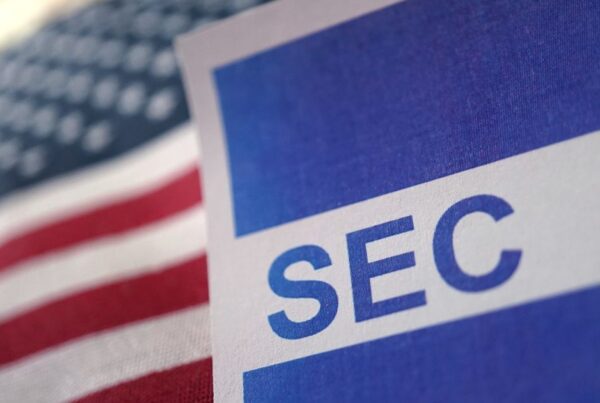The Immigration and Nationality Act (INA) establishes that everyone is presumed to be an immigrant except, among others, certain categories of aliens visiting for business or for pleasure. Section 101(a)(15)(B) of the INA states that “ . . . an alien . . . having a residence in a foreign country which he has no intention of abandoning and who is visiting the United States temporarily for business or temporarily for pleasure . . .” is not an immigrant. See 8 U.S.C. 101(a)(15)(B) [1101(a)(15)(B)] (2017).
Similarly the Foreign Affairs Manual (FAM) states that “[n]on-immigrant visas are for international travelers coming to the United States temporarily. . . for a wide variety of reasons, including tourism, business, medical treatment and certain types of temporary work.” 9 FAM 401.1-2 (2015).
The “[f]actors to be used in determining entitlement to Temporary Visitor Classification are . . .
(a) Have a residence in a foreign country, which [the applicant] do not intend to abandon;
(b) Intend to enter the United States for a period of specifically limited [temporary] duration; and
(c) Seek admission for the sole purpose of engaging in legitimate activities relating to business or pleasure. . .” 9 FAM 402.2-2(B)(U) a-b (2015).
Residence:
“The term “residence” is defined in INA 101(a)(33) as the place of general abode; the place of general abode of a person means his principal, actual dwelling place in fact, without regard to intent.” 9 FAM 402.2-2(C)(U) (2015).
Temporary Period of Stay:
The FAM states that “[a]lthough “temporary” is not specifically defined by either statute or regulation, it generally signifies a limited period of stay. The fact that the period of stay in a given case may exceed six months or a year is not in itself controlling, provided that . . .[the reviewer is] . . . satisfied that the intended stay actually has a time limitation and is not indefinite in nature.” Additionally, “[t]he period of time projected for the visit must be consistent with the stated purpose of the trip. The applicant must establish with reasonable certainty that departure from the United States will take place upon completion of the temporary visit. 9 FAM 402.2-2(D) (U) a-b (2015) (emphasis added).
Legitimate Activities Related to Business:
“Engaging in business contemplated for B1 Visa classification generally entails business activities other than the performance of skilled or unskilled labor.” 9 FAM 402.2-5(A) (U) a (2015) The applicant must show that she possesses adequate funds to avoid having to obtain unlawful employment.” See 9 FAM 41.31 N4.2 (2005).
Among the permitted business activities applicants may travel on a B1 Visa if they have litigation in the United States. See 9 FAM 402.2-5(B) (U) (4) (“Aliens should be classified B1 visitors for business, if otherwise eligible, if they are traveling to the United States to: . . . Litigate . . .”)
Litigation can include attending depositions, testifying at a trial, meeting with your attorneys or other reasons related to a case of which you are part in the United States.
For more information about traveling to the US to litigate or for business call or text at 305-570-2208 or email us at eayala@ayalalawpa.com






